Some thoughts on adopting another Maine Coon as a companion to the resident Maine Coon
I've seen homes where there is more than one Maine Coon. Greedy I'd say! Just joking but there are some good argument for having two cats rather than one provided the budget can stretch to two.
But as you probably know resident cats often don't really like new cats coming to live in THEIR place, their home range. After all, although domestic cats are pretty sociable after 10,000 years of domestication the wildcat character within dictates and that character is inherently solitary.
Although there are occasions when cats that were strangers become best buddies. That's what you want. But even with the best pick from a cat breeder for the newcomer and even with good luck I wouldn't expect anything more, initially, than the resident cat to tolerate the newcomer. Then they might gradually warm to each other and become friendly.
Two better than one
Ideally, all other things being equal, two cats are better than one as if they get along, they can entertain themselves. This is important as Maine Coons are full-time indoor cats which places a greater responsibility on the caregiver to ensure that they are mentally stimulated.
Maine Coon character
It might be fair to say that the calm character of the Maine Coon may predispose them to successful introductions. The success rate may be higher than usual with cats of this breed.
Success from Day 1
Despite my rather negative thoughts about the difficulties, there are some good luck stories. Here is one for instance on Reddit. The lucky Maine Coon caregiver says: "My two Maine Coons together! Reddit, meet Leon (brown tabby/white) and Lluan (silver) Best friends from day 1!" below is their picture:
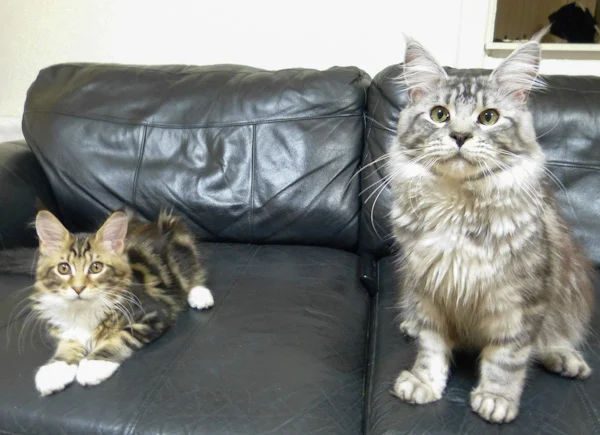 |
| Best buddy Maine Coons from Day 1. Image: u/Lailah |
Expectations
The great man himself, the American cat behaviourist, who fixes cat conflict problems and behavior issues lives with three cats who are not best buddies but live peacefully together. He calls that a success. He tells me this in his book Total Cat Mojo.
Maximise the chances of resident and newcomer getting along?
So how do you maximise the possibility that an incoming Maine Coon gets along with the resident Maine Coon and vice versa?
As you'd expect there is no formula. But it might be useful to think of trying to complement their characters.
If the resident cat is fairly confident and boisterous it is probably a bad idea to bring in a quiet, timid cat and she or he might be bullied or intimidated by the resident.
Matching energy levels
Under these circumstances you'd want a fairly confident incoming cat. Matching energy levels is useful too. If the confident resident is fairly energetic, you should select a newcomer who is also fairly energetic and confident or at least not the opposite.
If the resident cat is shy and timid, the incoming cat might be middle-range in terms of an outgoing character but not Dennis the Menace.
Personal preferences
And it is probably sensible to put aside personal preferences for character and sex and think more about what the resident cat best needs to make a multi-cat home work. In other words, it pays to be objective and not subjective.
Introduction process is well covered
And expectation management is important as mentioned above. Don't expect instant cuddles between the two. You have to go through all the cat introduction stuff religiously to avoid potential conflict. There are many pages on that on the internet. I have written about it. If it interests you, please click here to read the page.
Resident female - adopt kitten?
If your cat is a female, it is probably unrealistic to think that she'll be a happy surrogate mother to an incoming male kitten for instance.
Two kittens
Another option is to adopt two kittens as a companion for an older resident Maine Coon as the kittens can entertain themselves. Although I am not sure that they'd get along when they grow up. They might but they might not even if they are siblings.
Declawed
On the issue of matching up a declawed Maine Coon (horrible thought) and a non-declawed incoming new Maine Coon, I wouldn't worry about that mismatch. All you have to do is trim the claws of the cat who has claws. And in any case when a cat loses their claws, they become more adept with their teeth.
Alpha
Also, it might be unproductive to assess your cat as having an alpha or non-alpha type character and working out if a non-alpha cat will get along with them. The hierarchy discussion is probably fruitless.
In domestic cats there is no formal hierarchy other than dominant and submissive. This touches on the confident and timid characters referred to above.
These are some quick thoughts no more as this is a tricky area which depends on a certain amount of luck I believe.
Breeder
One last thought: if a breeder allow a buyer to try out a cat in a new home where there is a resident cat that might be an option. What I mean is the buyer has an option under the contract to return the cat if they simple can't get along with the resident cat and there is no other option to rehome.
That might be unworkable and extreme but as this a potentially risky process with no certainty as to the outcome such an arrangement with the breeder might prove to be useful.



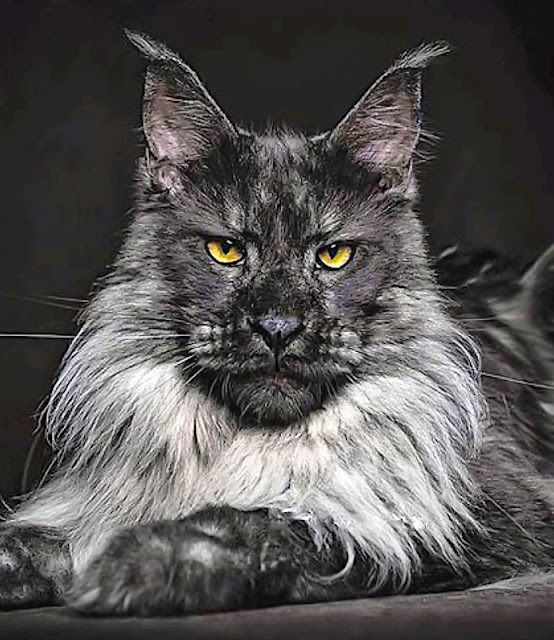


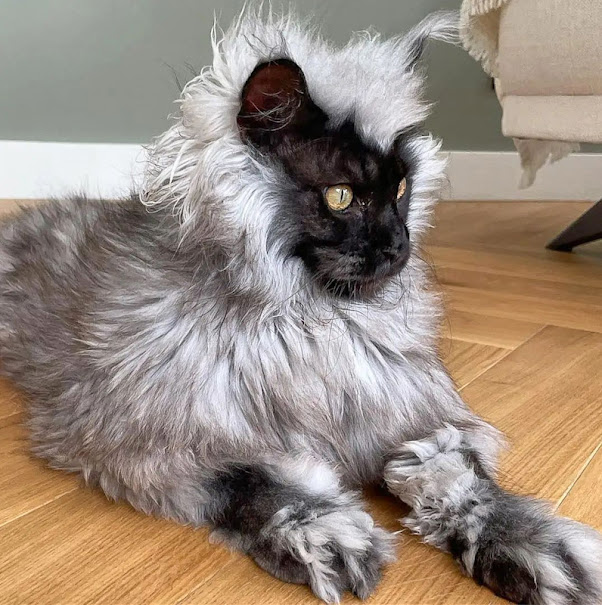

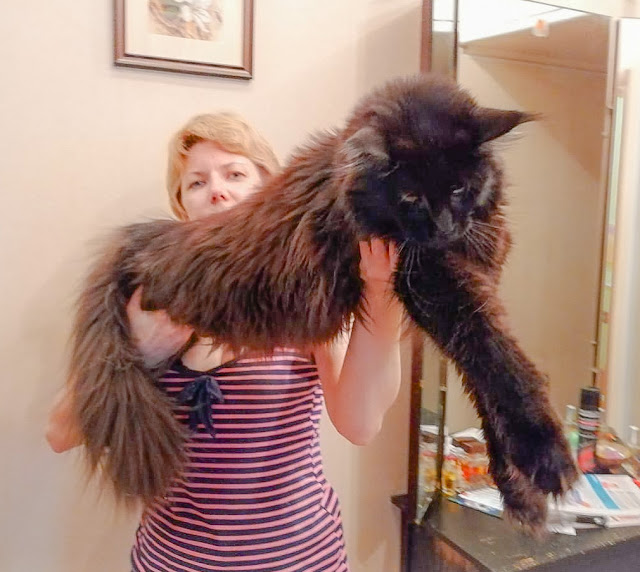
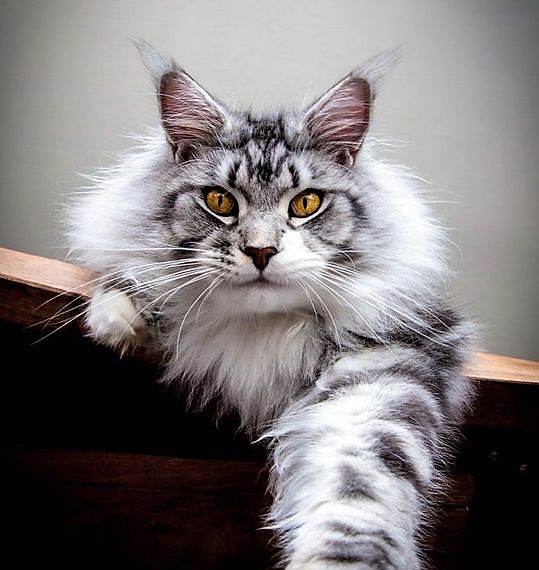
Comments
Post a Comment
Please share your Maine Coon experiences.